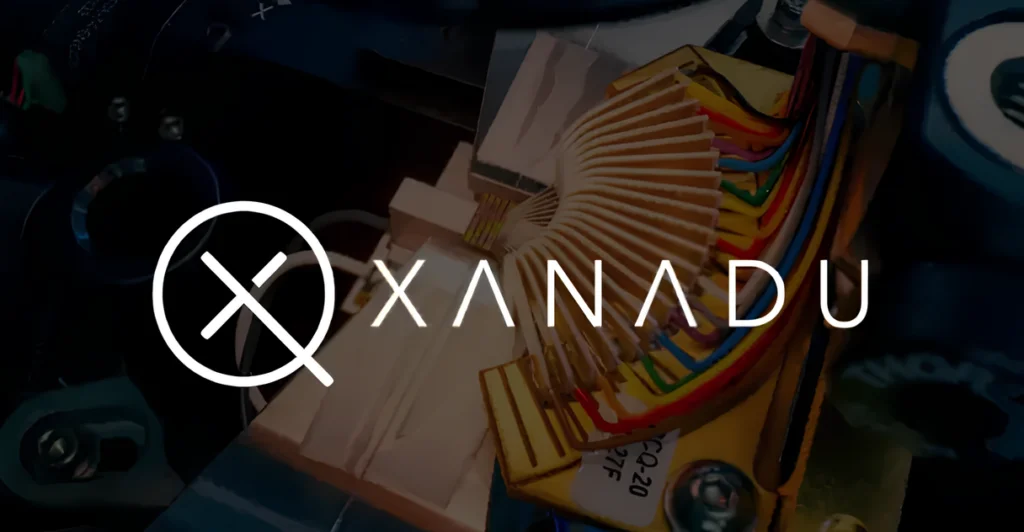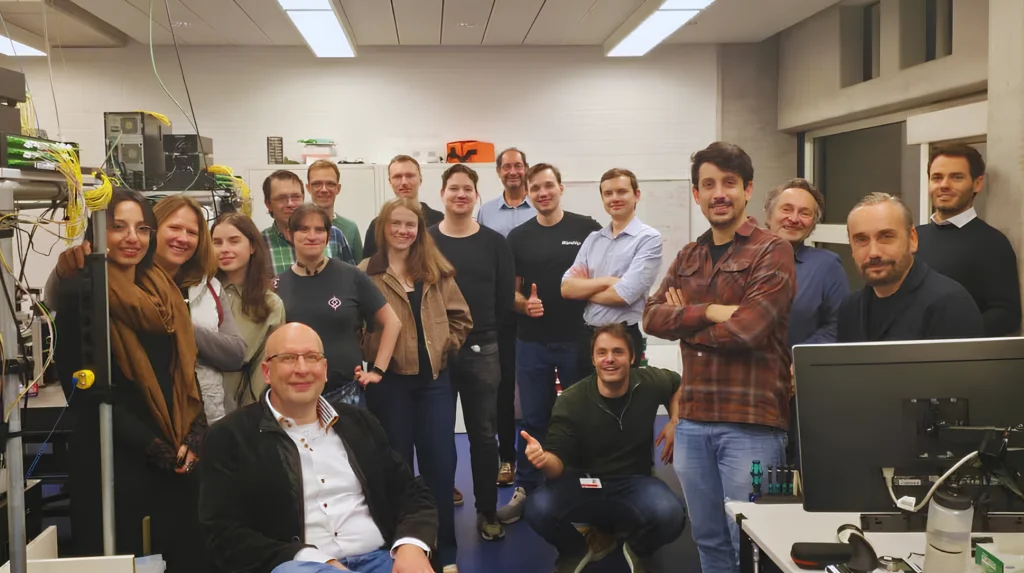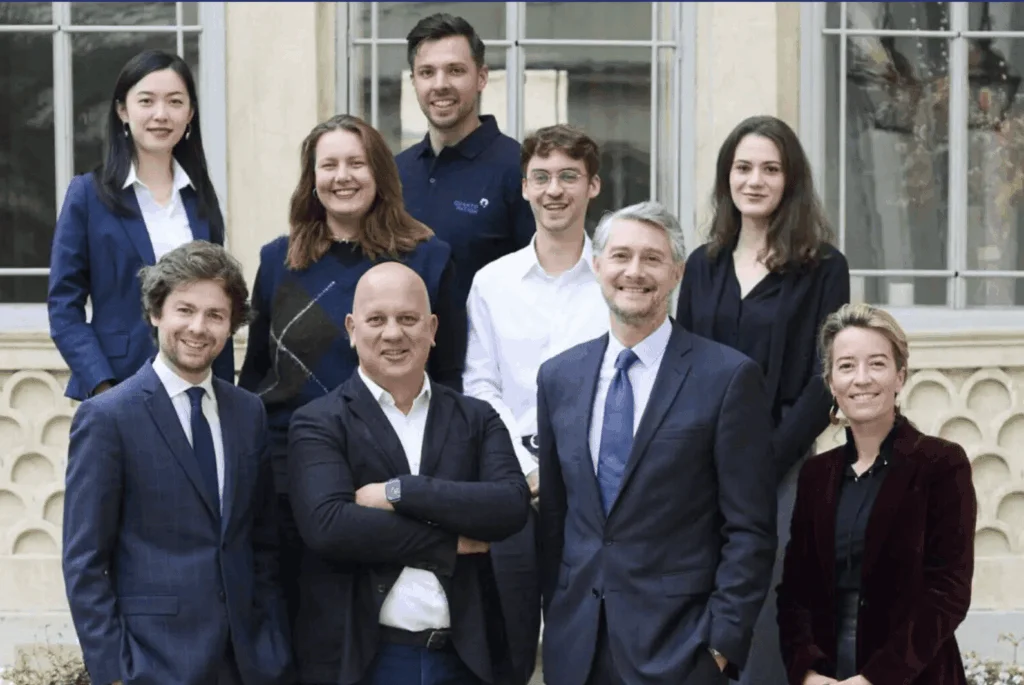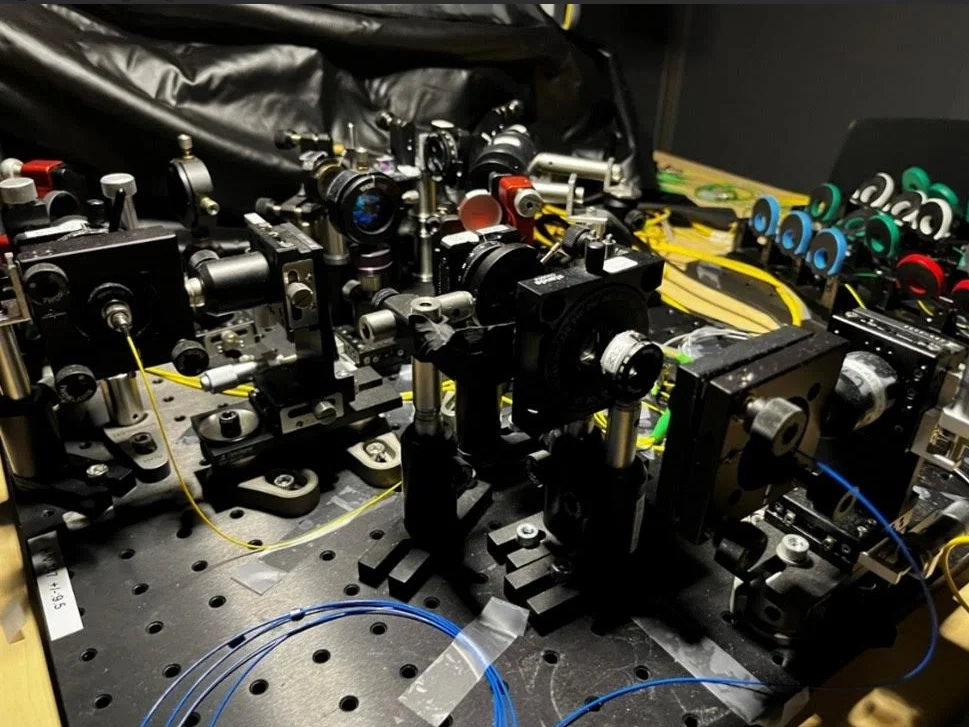
Photo by Mikael Daghighi on Unsplash
Greater Horizons
As the quantum computing industry expands to ever greater horizons in research, investment and implementation, it will naturally occur that more startups will appear to fill the gaps in the space to solve the most difficult problems that the technology presents us with. As of yet, the QC industry is in its embryonic stage, undeveloped and lacking any real belief from the mainstream media and business heads that it is a viable alternative to what already exists.
Notwithstanding the churnalism that is produced daily online and in the newspapers about ‘quantum supremacy’ or the latest development in some lab in California or China, skepticism still remains.

As the QC startup ecosystem gets on its feet, however, one of the areas where interest is really hotting up is in software and the QC algorithms that will supply the likes of the quantum computers being designed, built and perfected by the likes of Google, Rigetti, D-Wave Systems, and Microsoft.
First of all, the costs are much lower to get a QC startup off the ground in this way: With enough business savvy founders and a few programmers who can code QC algorithms, it’s full steam ahead. Doing what Rigetti does as a full-stack service company demands huge investment and time, two things most startups don’t have.
Xofia Inc, based in Houston, Texas, is one startup that offers such solutions to quantum algorithms. Founded in 2019, the company’s main goal is to become:
the next generation of physical and behavioral simulation for more accurate knowledge (based on quantum computing) and democratize the use and implementation of computational modeling (smaller companies from different industries in more markets) and this purpose sets the company apart from the more than 50 companies that are trying to become agnostic quantum algorithms providers around the world
Lead Visionary
So, the stage is set. At the helm of Xofia is Lead Visionary Carlos A. Sanmiguel, a Colombian national with vast entrepreneurial experience in a number of fields.
‘Quantum computing’s purpose is about transforming efficiencies of speed, space, and energy into sources of knowledge to create an intellectual revolution beyond the so called “Fourth Industrial Revolution.’
— Carlos A. Sanmiguel
Education-wise, Sanmiguel is a law graduate from the Universidad de Los Andes, Bogotá, John Cabot University in Rome where he studied Business Administration and Management and the American University in Washington DC, graduating in International Economics in 1999.
His impressive professional resume includes tons of entrepreneurial experience in technologies as diverse as data management and energy, while founding eight oil and gas trading and commodity investment and five data technologies companies.

Xofia Inc.
After leaving the American University, Sanmiguel was a pioneer in providing content serviced to the Latin American internet market. Later, he got involved with the Colombia commodity trading business as a co-founder of the company Trenaco, one of Colombia’s largest independent physical commodities trading companies. In 2012, incidentally, Trenaco ‘ranked as one of the largest companies in Colombia by sales (and 74th among the top 100 Colombian corporations).
The last decade has seen Sanmiguel also establish a pair of private equity funds. These funds specialize in the investment and development of logistics and technology, and have managed to raise over $50m from institutional investors in Colombia and Singapore.
‘Use quantum-based knowledge to democratize and decentralize computational resources for more users in more scientific, engineering, and business problems.’
— Carlos A. Sanmiguel
Still not exhausted from all this (I would be), 2014 saw him co-founding Silver Red Trading SA, a Swiss-based company, which developed a trading platform in the US. The company, impressively, managed $300m in sales in its first year of operation.
Time to Focus
2016 was a watershed year for Sanmiguel, as he decided to spend all his time on the development of Xofia.
That’s a whole lotta hard work as well as kudos.
Xofia, then, sees its mission in the industry to lower the computational cost in regard to energy used, capital spent, space utilized and time wasted on understanding and creating algorithms that can predict future events in a number of industries.
When TQD asked Sanmiguel the question about Xofia’s philosophy and approach to QC, his answer was an interesting one:
‘Quantum computing is an enabler for digitalization as it can connect and unleash the potential of other technologies like Big Data, Extended Reality, Machine Learning, IoT… The value of quantum computing is proportional to the knowledge it creates and not the efficiencies it provides.’
This declaration may seem far-fetched to the naysayers who believe QC’s potential is nothing but empty promises, manipulated by the expertise of the PR companies and skilled wordsmiths with the ability to twist a tale for the good of the industry.
Essential Delivery & Cooperation
Yet Xofia is more than empty words. In September of last year, Atos, a global leader in digital transformation with over 110,000 employees in 73 countries and annual revenue of over € 11 billion, made public the news of the delivery of Quantum-Learning-as-a-Service (QLaaS) to Xofia in order to assist them in the development of quantum-powered artificial intelligence solutions.
Ludovic Sauvage, Head of Big Data, High Performance and Quantum Computing, Atos North America, had this to say about the delivery:
‘Our collaboration with Xofia is part of our strategy to support a large ecosystem of startups in the quantum computing field. With Xofia we will help create quantum-powered AI solutions that have scalability, high performance and the ultimate power of simulation that is needed to solve future big data challenges that are inevitable within the enterprise.’
Whatever Xofia’s destiny within the QC ecosystem, Sanmiguel’s experience and expertise will definitely help. Whether the startup succeeds or not, nevertheless, will rely on a number of factors, one of which will be how quickly and trouble-free the technology is accepted as a viable option for future problem-solving and mass commercialization in the QC arena.
















